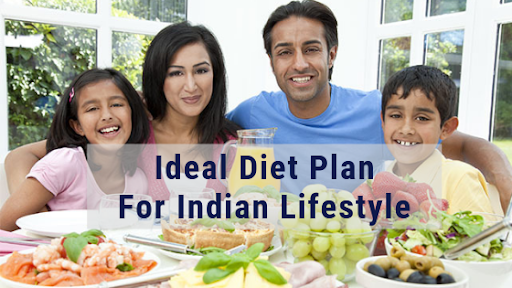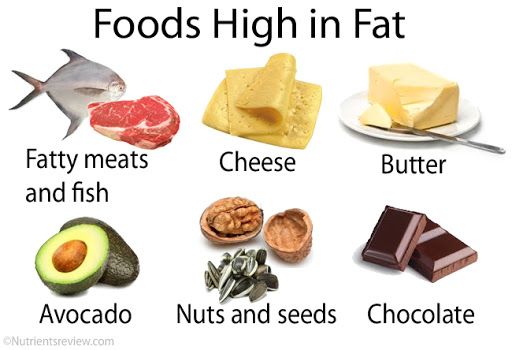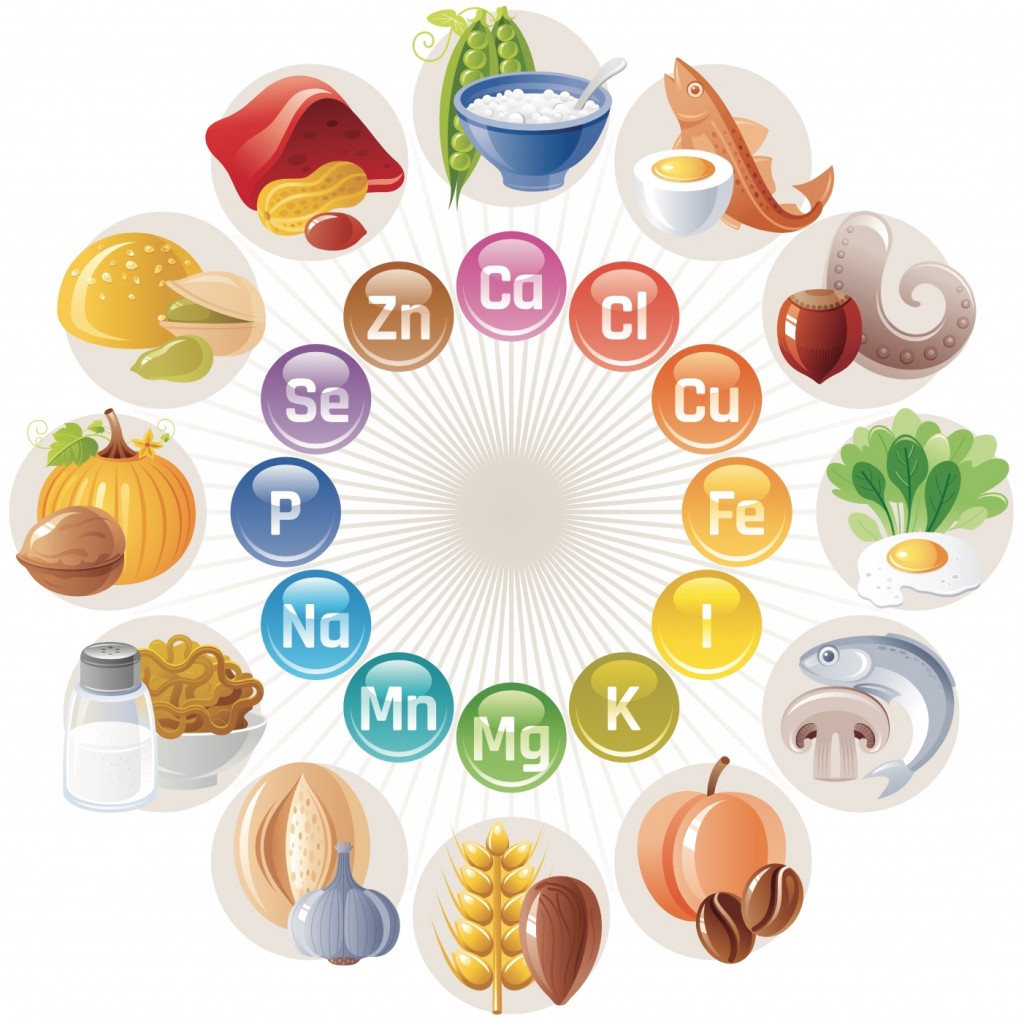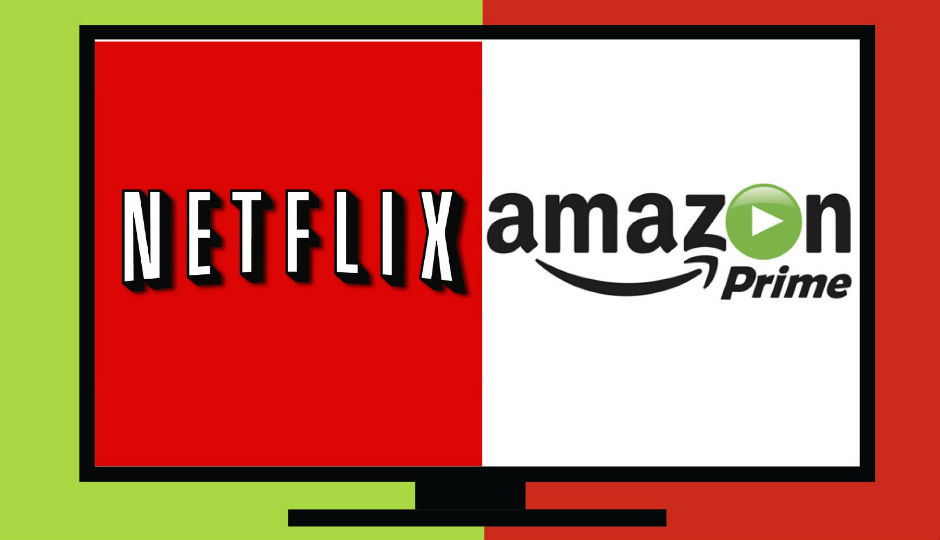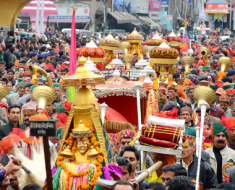India is a country full of diversity. You can see a vast difference in the food habits of people living in different states of India. And almost every state have the food sources to give you a healthy diet. There may be differences in their forms and taste. For providing all the required nutrients an adequate and well-balanced diet, you need to have the right source of information that contains thermogenic compounds.
Because the poor nutrition and no physical activity can lead to reduced immunity and increased susceptibility to disease. A healthy diet consumed throughout the life-course helps in preventing malnutrition in all its forms.
But rapid urbanization has increased the consumption of processed foods and changed the diet pattern of our Indian lifestyle.
What comprises an Ideal diet
The essential nutrients required for a fit and healthy body are derived through a combination of the five major food groups: fruits and vegetables, cereals and pulses, meat and dairy products and fats and oils. And the rules for a balanced diet seem simple, but that’s not exactly.
The thing is that you should not only focus on what to eat but also how much is your daily need, when is the best time to eat proteins or carbs and what should the portion size be? Let’s first see so visit website here!!
What Is an Ideal Balanced Diet?
An ideal balanced diet comprises of the essential food sources that can complete your body’s daily needs. Ideally we consider the following things to be present in our diet:
Carbohydrates
Carbohydrates are an essential part of a healthy balanced diet. As it is our body’s primary source of energy. Especially in India, 70-80% of total dietary calories are derived from carbohydrates present in plant foods such as cereals, millets, and pulses. We should avoid refined carbs in the form of bread, biscuits, white rice, and wheat flour.
And include other healthier sources like whole grains which include brown rice, millet, and oats.
Fiber
Your meal would be incomplete without fiber – both soluble and insoluble. It helps you in getting healthier digestion. That is why it is suggested to eat fruits and vegetables rather than drinking their juice. Because that way, the major portion of fiber gets rejected. Fiber is basically any non-digestible plant-derived carbs.
That is a real hero for your heart, so do not ignore it in your ideal diet plan. Oats, lentils, seeds, and fruits are of fiber-rich sources foods to include in your diet
Proteins
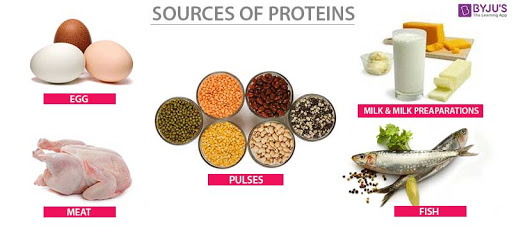 According to diet experts, About 30 to 35% of your diet should consist of protein. This could be in the form of milk, pulses, eggs, leafy greens, white meat, or sprouts. Protein is the essential component of all of our body’s cells. Our hair, skin, and soft tissue health depend on our protein intake. It’s true that it takes more calories in digesting proteins than carbs.
According to diet experts, About 30 to 35% of your diet should consist of protein. This could be in the form of milk, pulses, eggs, leafy greens, white meat, or sprouts. Protein is the essential component of all of our body’s cells. Our hair, skin, and soft tissue health depend on our protein intake. It’s true that it takes more calories in digesting proteins than carbs.
Try to consume 30 grams of protein in forms like whole dals, cottage cheese, or gram flour. This is because of the increasing consumption of fast foods that are high in carbs and sugars and low in protein; every 9 out of 10 people are consuming an inadequate amount of protein. Please do not be one of them!
Fats
Fats provide energy, store vitamins, and synthesize our hormones. And it is suggested that our diet’s 20% should be comprised of fats. Fats are basically of three kinds; polyunsaturated, monounsaturated and omega-3. In India, Vegetable oil used in day to day cooking is a significant source of visible fat.
And to ensure the optimal fat quality, you should experiment with a combination of vegetable oils in your kitchen. You may juggle between mustard oil, butter, ghee, olive oil, soybean, sesame or even groundnut oil for different meals.
Vitamins and Minerals
Vitamins and minerals are the micronutrients for our body. They are again essential to support metabolism, nerve and muscle function, bone maintenance, and cell production. Where minerals are inorganic and can be obtained from plants, meat, and fish easily find their way into the body.
Vitamins are fragile compounds, and it’s challenging to commute them as they may get destroyed during cooking or storing. They can be derived from nuts, oilseeds, fruits, and green leafy vegetables. Vitamin A, E, B12, and D are vital, and so are iron and calcium.
According to NIN, the consumption of 100 grams of greens and 100 grams of fruit each day will fulfill your daily vitamins and minerals needs. In India, iron deficiency is widespread among women as they go through several hormonal changes from pregnancy to menstrual and menopause.
That is why it becomes essential to maintain a steady dose of calcium, Vitamin D, folic acid, and iron through the healthy diet plan. So, in short, you can follow the table below to have an idea about what to comprise in your daily diet plan:
Diet Plan for Healthy Lifestyle
It is up to you that what you prefer. But the thing that you should keep in mind is that the variation of food item that can fulfil your body’s required carbs, protein, fiber, fats and other micronutrients. The table below will help you in maintaining that required nutrients.
| Essential Diet Elements | Quantity | Some Rich Sources |
| Carbohydrate | 2320 Kcal/day (Men)1900 Kcal/day (Women) | bread, beans, milk, popcorn, potatoes, cookies, spaghetti, soft drinks, corn, pulses, nuts and more |
| Protein | 60 grams/day(Men)55 grams/day (Women) | Eggs, Dairy products,Seed, lentils,nuts and more |
| Fats | 1/5th of your diet | butter, ghee, olive oil, mustard oil, soyabean, Walnuts, peanut butter and more |
| Iron | 17 mg/day(Men)21 mg/day (Women) | Beans, lentils, cashews, Dark green leafy vegetables such as spinach and more |
| Calcium | 600 mg/day (both) | Milk,cheese, soyabean, tofu, nuts and more |
Bonus diet Tips
- Your breakfast should definitely have cereal or bananas or some form of good carbs that keeps you fuelled until lunch.
- Women need to maintain a steady dose of calcium.
- One must focus on adding more proteinaceous elements in your diet.
- Vitamin D and Vitamin B12 are very important and must be there in your diet plan.
- A healthy diet must include folic acid and iron rich food items.
Hope you enjoyed this! Would love to listen your favorite sources of protein, fat and other key nutrients Be healthy and Eat healthy!!

